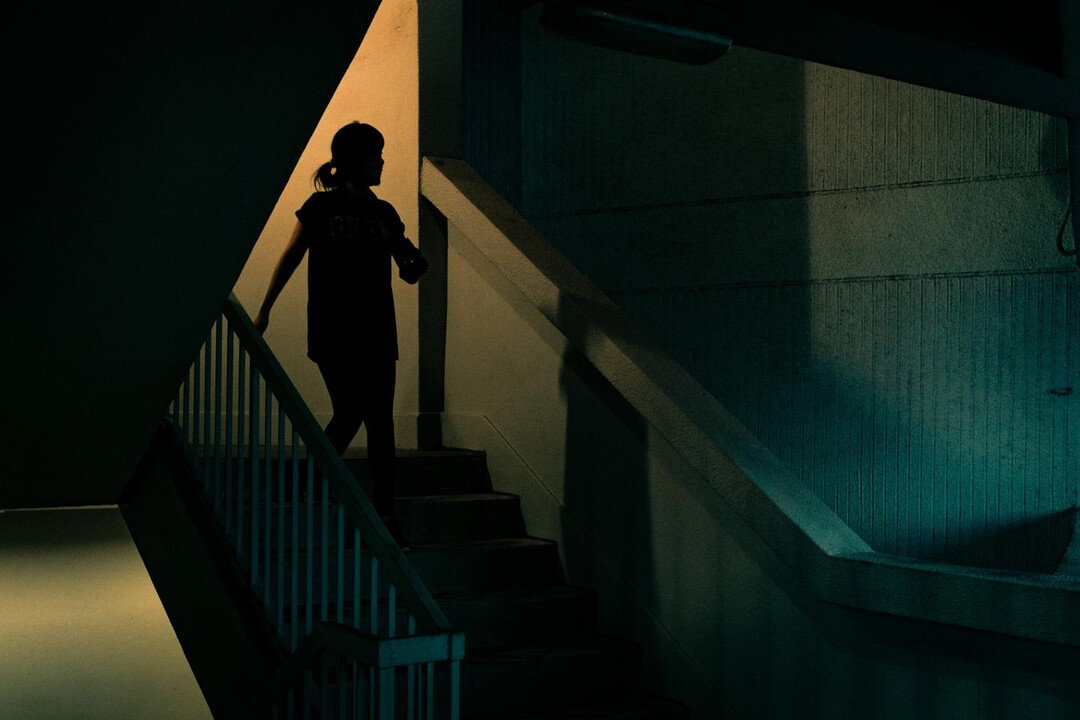
Reykjavik, Iceland – At 4 PM, Aleksandra, a dedicated 33-year-old, arrives to take over management of Kvennaathvarfið, a vital women's shelter in Reykjavik. For nearly a year, she has been a pillar of support for survivors of domestic violence, a role that carries deep personal significance. "This place was already a big part of my life because I lived here as a child with my mother and siblings," Aleksandra explains. "I always knew I wanted to work in this field and help women rebuild their lives."
Since 1982, Kvennaathvarfið has provided refuge, offering not just shelter but also ongoing support to women escaping abusive situations. Funded by the Icelandic government and private donations, the shelter serves approximately 100 women annually, allowing them to stay as long as needed. The 2023 report highlights the shelter's impact: 24% of residents successfully transitioned to new housing or family stays, while a concerning 14% returned to abusive partners, underscoring the complexities of domestic violence.
"The idea is to meet women where they are," Aleksandra says, preparing dinner for the residents. "Sometimes, it's about being a friendly face; other times, it's about providing crucial support and guidance." Amidst her duties, she manages the shelter's emergency helpline and monitors the building's security, a constant reminder of the vulnerabilities faced by those seeking safety.
Despite Iceland's reputation as a leader in gender equality, the shelter's existence highlights persistent challenges. "Women here are still afraid to speak up because they fear how society will react," Aleksandra notes. "Some are still ostracized for daring to report sexual assault. We're quick to believe our sister could be a victim, but not that our brother could be an abuser."
Iceland's prominent position atop the World Economic Forum's Global Gender Gap Report, a testament to its progress in economic, social, and political equality, presents a stark contrast to the realities faced by many women. The nation's pioneering initiatives, such as mandated equal pay in 2018 and consent-based rape legislation, are the legacy of a powerful women's movement, particularly the historic 1975 strike where 90% of Icelandic women demanded greater rights.
Singer Hildur, 37, reflects on the impact of movements like #MeToo. "I feel like movements like MeToo really shook the country. Here, you don’t need a massive mobilisation for the message to spread. One of the advantages of living in a small society is that it doesn’t take long to be heard."
However, the "Nordic paradox" – where high rates of reported sexual violence coexist with strong gender equality – challenges this narrative. A 2018 study revealing that one in four Icelandic women reported sexual assault sparked international concern. Rannveig Sigurvinsdóttir, an associate professor of psychology at the University of Reykjavik, offers a nuanced perspective. "Violence statistics don’t just reflect how often it happens. They also indicate how willing people are to talk about it," she explains. "In some ways, a higher rate can be a good sign – it means people feel more comfortable speaking up." She also emphasizes that different research methodologies can yield varying results.
The 2024 European study on gender-based violence, indicating that one in three women across Europe have experienced abuse, underscores the global scale of the issue. While Iceland strives for gender equality, the shelter's daily reality reveals the persistent need for change. As Hildur observes, "I just hope that every case of domestic violence we hear about slowly opens people’s eyes." The courage of women to speak out, despite the challenges, offers a glimmer of hope for a future where gender-based violence is no longer a shadow over Icelandic society.
[Copyright (c) Global Economic Times. All Rights Reserved.]






























